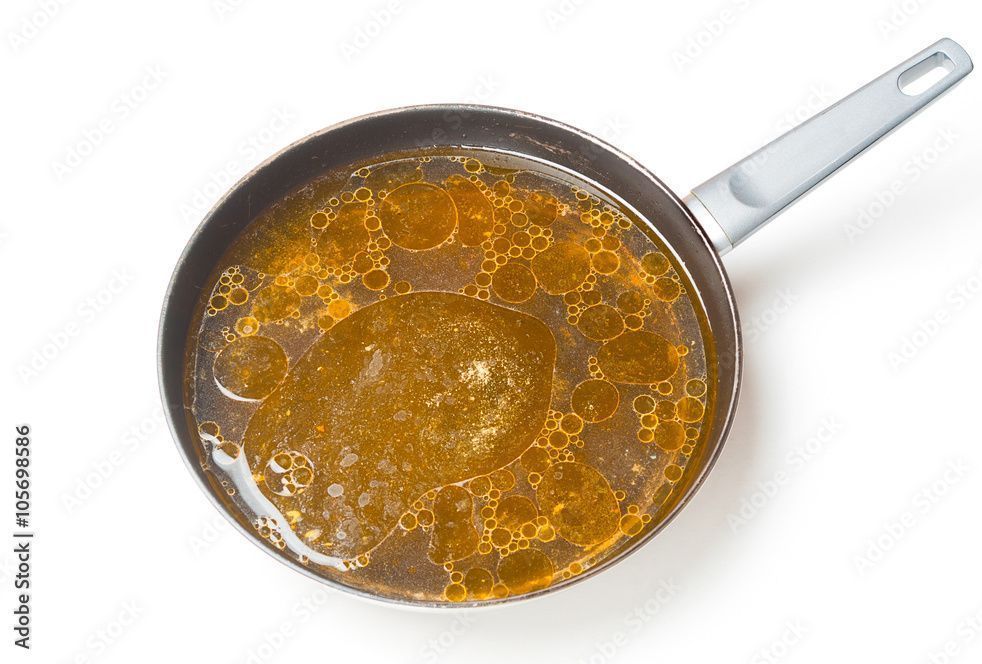F.O.G: fats, oil, and grease
F.O.G can become a major environmental problem if they aren't discarded of properly. When cooking oil gets discarded into kitchen sinks, it can cause pipes to become clogged. When wastewater cannot flow freely through the sewer pipes, the water can overflow into our streets, homes, and lawns.

According to the U.S. EPA, 23,000 to 75,000 sanitary sewer overflows (SSOs) occur each year, and the majority are caused by F.O.G. SSOs can cause water quality problems, environmental damage and can threaten public health. By disposing of your F.O.G properly, we can keep our water running clean and out of our waterways.
Picture by Historic Georgetown SC

